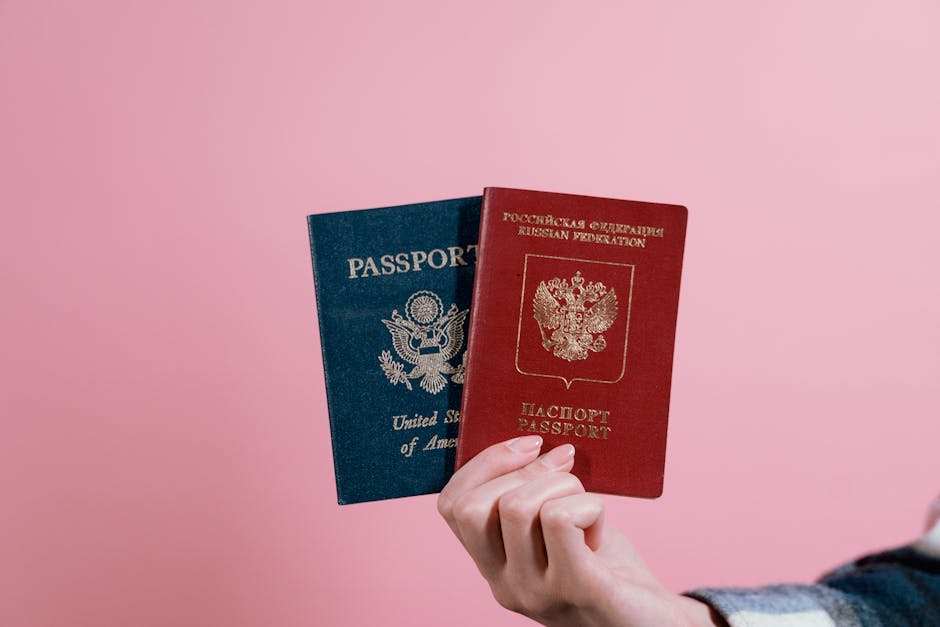The world beckons, a tapestry of diverse cultures, breathtaking landscapes, and enriching experiences. However, the allure of international travel is often tempered by a range of hurdles. From logistical complexities to cultural nuances, a multitude of challenges can mar the journey for even the most seasoned globetrotter. This exploration delves into the multifaceted obstacles that frequently confront travelers venturing beyond their home borders.
A significant hurdle encountered by international travellers is the sheer complexity of logistics. Coordinating various aspects of a trip, spanning from visa applications and passport validity to arranging transportation and accommodation, can be a daunting task. Visa requirements, often a labyrinthine process, differ considerably between countries and are subject to frequent revisions. Furthermore, understanding the nuances of local regulations, like customs restrictions on specific items, necessitates considerable research and meticulous adherence. This administrative burden can be especially overwhelming for those unfamiliar with foreign procedures and bureaucratic systems.
Beyond the paperwork, practical concerns such as language barriers pose a constant challenge. While advancements in translation apps and language learning platforms have eased communication somewhat, genuine, nuanced understanding of local dialects and cultural norms remains a critical aspect of a smooth trip. Misunderstandings, whether in a shop, restaurant, or a discussion with a local, can quickly devolve into frustrating experiences. Effectively navigating these language barriers requires an adaptable approach, embracing patience and proactive communication strategies.
Financial considerations frequently play a crucial role in shaping the experience. Currency exchange rates, fluctuating constantly, can impact the cost of accommodation, food, and transportation. Unexpected expenses, such as medical emergencies or lost belongings, can quickly deplete budgets, adding a layer of stress to an already potentially complex undertaking. Preparing for unforeseen circumstances through comprehensive travel insurance and meticulously calculated budgets is paramount in mitigating such financial challenges.
Cultural sensitivity, another significant aspect of international travel, deserves careful consideration. Navigating different social customs, etiquette, and norms can be a steep learning curve. Respecting local traditions and customs, whether it involves appropriate dress codes, greetings, or dining etiquette, is essential for a positive and respectful interaction with the local populace. Inadequate research or a lack of cultural sensitivity can easily lead to misunderstandings and negative interactions, impacting the overall experience. Embracing cultural immersion, not merely as a spectator but as a willing participant, is a rewarding approach to overcome these nuances.
Safety and security concerns are ever-present when travelling abroad. Accidents, crime, and political instability in certain regions can greatly diminish the safety and comfort of a journey. Thorough research into local safety conditions, understanding potential risks, and taking precautions such as securing belongings and limiting exposure to hazardous environments are critical elements of a well-planned trip. The evolving nature of global events emphasizes the importance of real-time information gathering and flexibility in travel plans.
Navigating the intricacies of healthcare in foreign destinations also warrants attention. Understanding local healthcare systems, accessing medical assistance, and ensuring adequate medical insurance are all pivotal considerations. Difficulties in communication with healthcare professionals, the availability of specific medications, and potential variations in medical standards from one’s home country require meticulous planning. This preparation includes carrying necessary medications, researching local clinics and hospitals, and having a reliable method of communication for emergencies.
The accessibility of technology and communication can be another area of frustration. Connectivity issues, particularly in remote areas, can disrupt communication, hinder navigation, or affect access to essential information. Relatively poor internet access or mobile phone reception can negatively impact the smooth course of a trip. Understanding the limitations of technology in specific regions and establishing alternative communication methods is crucial in mitigating this difficulty.
Ultimately, the challenges of international travel are a multifaceted tapestry interwoven with the threads of logistics, language, culture, finance, safety, and access. While these challenges can be substantial, the rewards of immersing oneself in different cultures, experiencing diverse landscapes, and expanding one’s worldview significantly outweigh the potential obstacles. By meticulously preparing for these potential hurdles and cultivating an adaptable approach, travellers can fully appreciate the richness and diversity that international journeys offer. Foresight, flexibility, and a willingness to adapt are keys to unlocking the rewards that lie beyond the borders.












